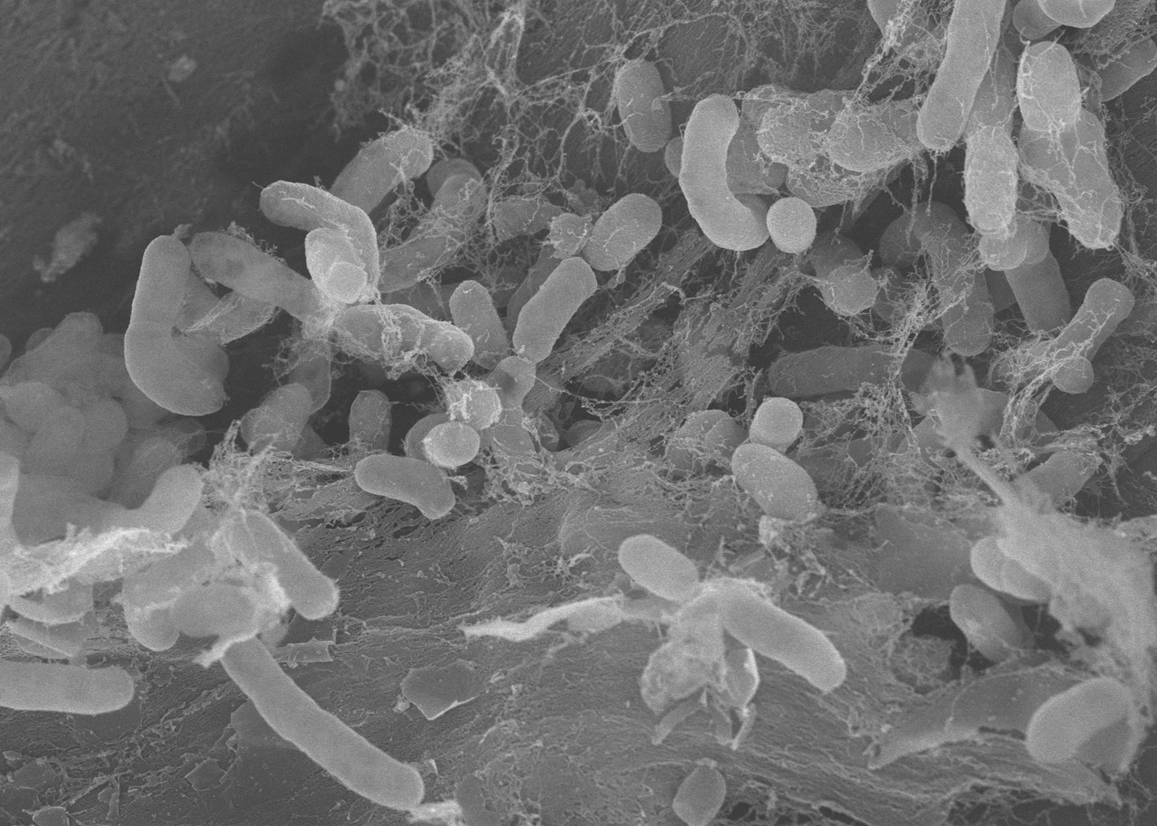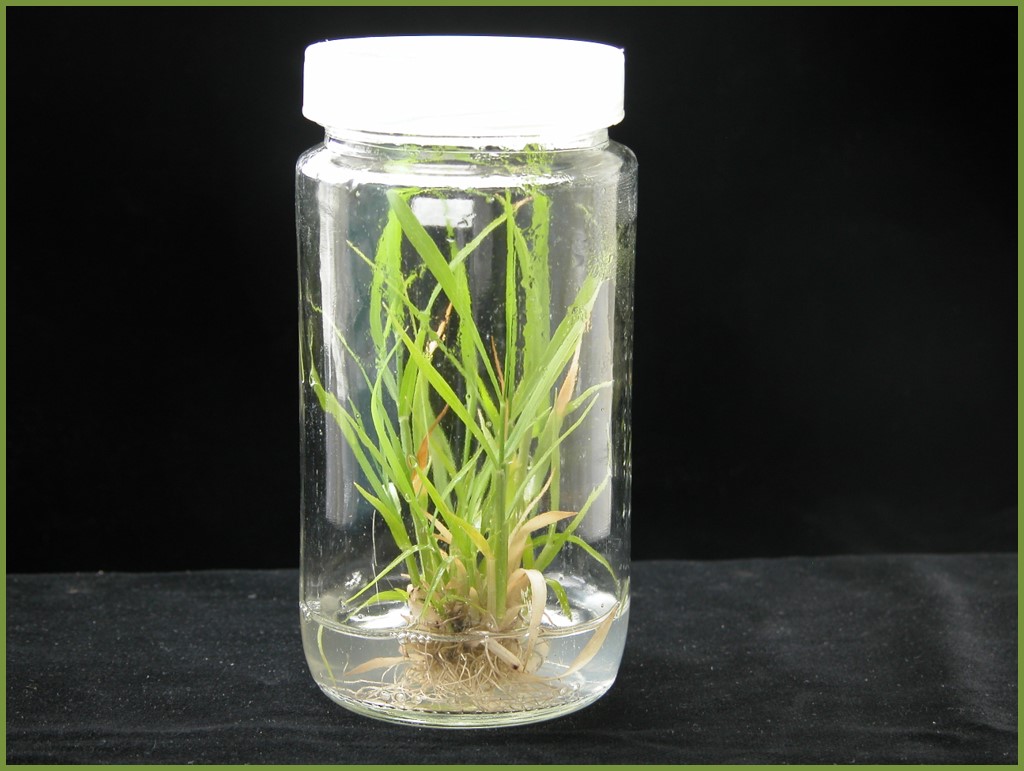The major aim of this Virtual Joint Centre is to develop innovative technologies to increase crop productivity in Brazil, utilising nitrogen-fixing bacteria as a sustainable source of fixed nitrogen, in order to reduce the input of chemical fertilisers in agriculture and mitigate the environmental and economic impacts of reactive nitrogen pollution. We will target major crops essential for human and animal consumption in Brazil.
to increase crop productivity in Brazil, utilising nitrogen-fixing bacteria as a sustainable source of fixed nitrogen, in order to reduce the input of chemical fertilisers in agriculture and mitigate the environmental and economic impacts of reactive nitrogen pollution. We will target major crops essential for human and animal consumption in Brazil.
To support the sustainability of bioenergy and livestock production in Brazil, the Centre will also investigate the contribution that biological nitrogen fixation (BNF) makes to the N requirements of C4 perennial grasses such as Pennisetum and Miscanthus.
The core research objectives of the VJC are:
1. Engineer ammonium excretion in diazotrophic epiphytes and endophytes
2. Isolate efficient growth-promoting, diazotrophic plant associative bacteria
3. Characterise plant-microbe interactions and identify genetic components required for efficient crop-microbe associations
4. Evaluate the effectiveness of inoculants in field trials.

This core research programme will be augmented by a wider network of Brazilian scientists comprising the National Institute of Science and Technology (INCT) for BNF, funded by the Brazilian national research council, CNPq. This will provide additional expertise in related areas including soil microbiology, agronomy and inoculant technologies.
The VJC will also engage in a range of partnering activities including annual scientific meetings, workshops for young career scientists and extensive laboratory exchanges between the partner countries.
